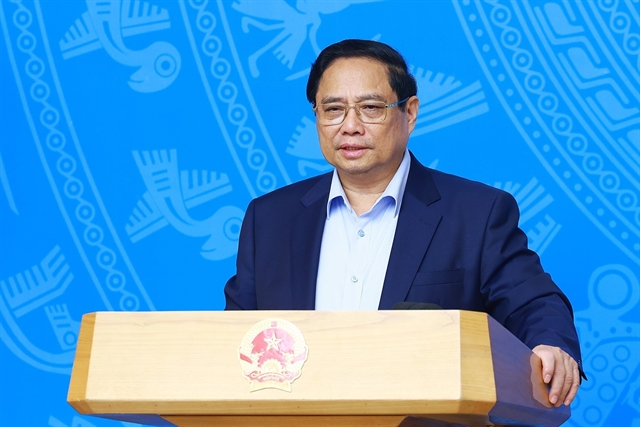Hanoi, October 03, 2024 – The Europe Today: Vietnamese Prime Minister Phạm Minh Chính has called for immediate and comprehensive action to implement Việt Nam’s commitments made at COP26, emphasizing the need for refining institutional mechanisms and policies to mobilize resources for green development, particularly through public-private partnerships.
During the fifth session of the National Steering Committee, PM Chính highlighted the urgency of enhancing systems that attract non-state resources to drive green transformation, low-carbon growth, and climate change adaptation. He emphasized the critical role of scientific research and technological innovation in advancing renewable energy, green hydrogen, biomass energy, and carbon capture technologies.
The PM also stressed the importance of international cooperation in mobilizing resources for a just energy transition, highlighting the need for specialized training and the adoption of new technologies to achieve green growth goals.
Key Areas of Focus
PM Chính outlined specific tasks for ministries and sectors, urging them to continue implementing the Action Plan aligned with Việt Nam’s COP26 commitments. He assigned the Ministry of Industry and Trade to select projects under the Just Energy Transition Partnership (JETP) and the Asia Zero Emission Community (AZEC), finalize the Smart Grid Development Plan, and expedite Việt Nam’s membership in international renewable energy organizations.
The Ministry of Agriculture was tasked with developing low-emission rice cultivation in the Mekong Delta, while the Ministry of Transport was directed to lead the Green Energy Transition Action Programme, supporting the transition to electric vehicles. Other ministries were assigned responsibilities related to green finance, scientific research, and job creation to support the green economy.
PM Chính reaffirmed Việt Nam’s dedication to green, low-emission development, calling it an “irreversible trend” and a global responsibility. He highlighted Việt Nam’s progress in integrating its COP26 commitments into national policies and emphasized that climate change requires an inclusive, multilateral approach with international cooperation at its core.
“Policies must center on the populace and businesses, ensuring that they benefit from the outcomes,” he concluded.


